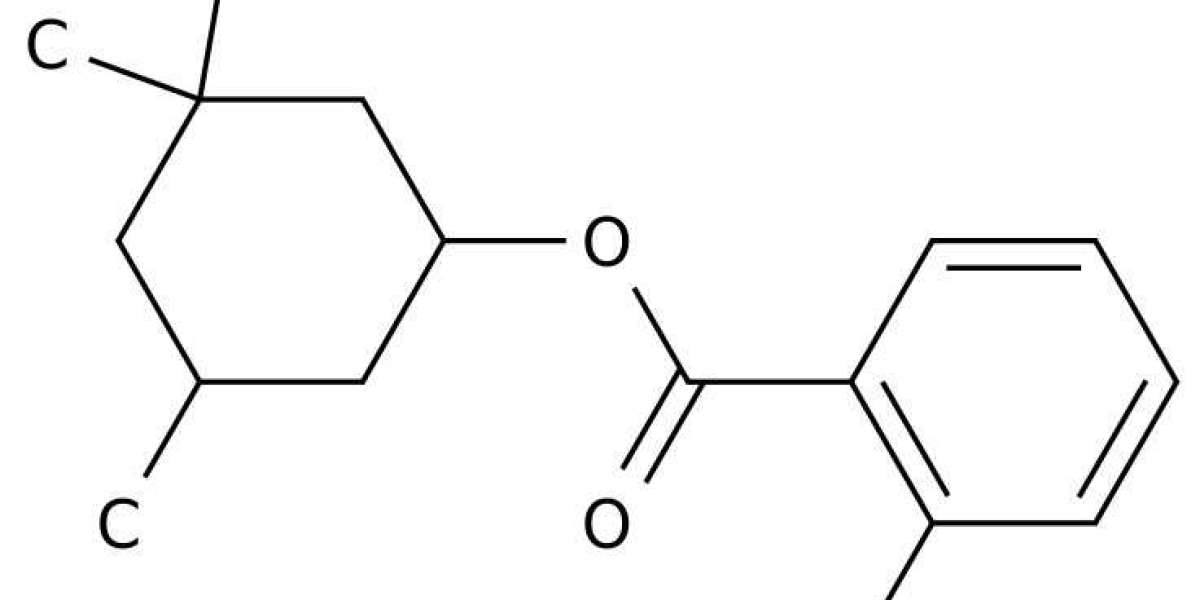Sunscreen is intended to keep skin safe, so how can it be dangerous to apply? If this is the first time you’re learning about the potential dangers of certain sunscreen, the news is probably confusing. Most consumers place their trust in products that promise to protect the health and vitality of the largest human organ—our skin—so it seems counterintuitive that, at the same time, we need to be wary of the armor we choose to shield us from the sun’s harmful UV rays.
IS SUNSCREEN SAFE?
The question should be a no-brainer. You wear sunscreen to keep your skin safe from the sun, so it must be healthy to use, right? Wrong. While sunblock may provide UV protection and prevent you from getting burned, there are a number of ingredients—including oxybenzone, octinoxate, homosalate, octisalate, octocrylene, and avobenzone—commonly found in big-name formulas that should make you think twice before applying it to your skin.
Homosalate
Homosalate is a chemical commonly found in sunscreens and several products containing SPF. It’s used in chemical sunscreens because it can absorb ultraviolet (UV) rays, effectively preventing them from reaching your skin. However, in June 2021, the European Commission released a statement deeming homosalate unsafe in concentrations higher than 10%, thus recommending that only 1.4% be used in sun-blocking cosmetics. Currently, the FDA allows a Homosalate concentration of 15%.
The question should be a no-brainer. You wear sunscreen to keep your skin safe from the sun, so it must be healthy to use, right? Wrong. While sunblock may provide UV protection and prevent you from getting burned, there are a number of ingredients—including oxybenzone, octinoxate, homosalate, octisalate, octocrylene, and avobenzone—commonly found in big-name formulas that should make you think twice before applying it to your skin.



